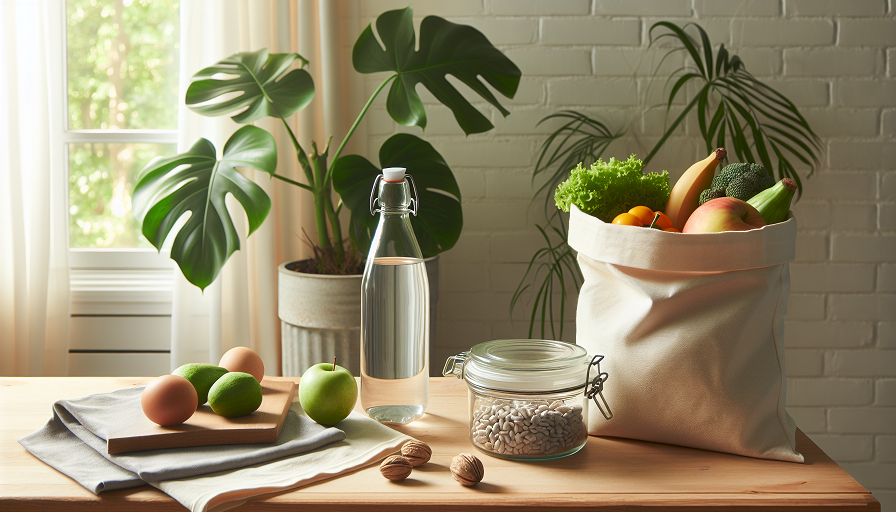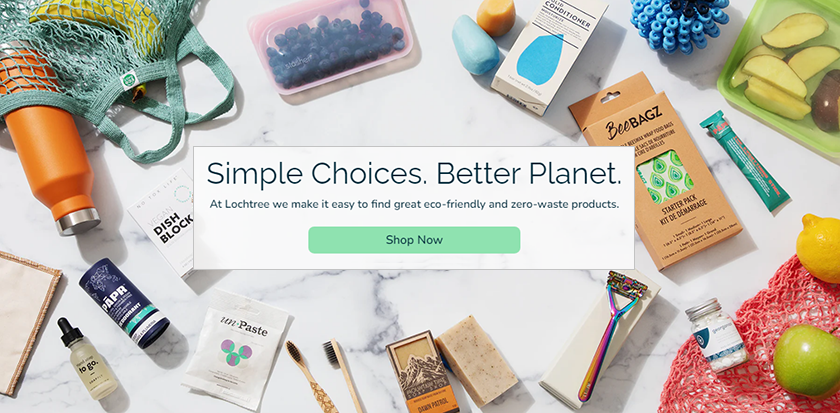
For many, coffee is more than a drink—it’s a daily ritual, a moment of calm, or the fuel that jump-starts the day. But coffee culture can also generate a surprising amount of waste, from single-use cups to disposable pods. Fortunately, a few simple changes can make your coffee habits more sustainable without sacrificing flavor or convenience. Here’s how to enjoy zero-waste coffee rituals that are better for both the planet and your morning routine.
Contents
Start with Ethically Sourced, Package-Free Beans
Sustainability starts with the beans. Choosing ethically sourced coffee from local roasters and minimizing packaging waste ensures your morning brew supports both farmers and the environment.
Look for Fair Trade and Organic Labels
Fair Trade and organic certifications ensure farmers are paid fairly and avoid harmful chemicals during cultivation. Supporting these practices promotes sustainable farming while delivering high-quality coffee. Many local roasters offer options that check these boxes, often with transparent sourcing practices.
Buy in Bulk or Package-Free
To cut down on packaging, buy coffee beans in bulk from local shops or markets. Bring your own container to refill, or look for roasters that offer beans in compostable or recyclable packaging. Freshly roasted beans often taste better, and you’ll skip the unnecessary plastic.
Choose a Waste-Free Brewing Method
Your brewing method plays a big role in the amount of waste your coffee routine generates. Switching to zero-waste brewing tools can eliminate single-use waste and often enhances the flavor of your coffee.
French Press: Simple and Sustainable
The French press is a zero-waste superstar. It requires no disposable filters or pods—just coffee grounds and hot water. After brewing, the grounds are easy to compost, and the press itself is durable and built to last for years.
Pourover with Reusable Filters
If you prefer pourover coffee, opt for a reusable metal or cloth filter instead of disposable paper ones. Metal filters allow more oils into the cup, creating a richer flavor, while cloth filters are easy to rinse and reuse. Both options are eco-friendly and produce minimal waste.
Avoid Single-Use Pods
Single-use coffee pods are convenient but generate a huge amount of waste. If you have a pod-based machine, consider switching to reusable pods that you can fill with your own coffee. It’s a small change with a big impact on reducing plastic waste.
Make Reusable Mugs Your Go-To
One of the most iconic sources of coffee-related waste is the single-use cup. By choosing reusable mugs and tumblers, you can enjoy your coffee guilt-free, whether at home or on the go.
Bring a Travel Mug
A good travel mug is a must for coffee drinkers who are always on the move. Many cafes are happy to fill your reusable mug, and some even offer discounts for bringing your own. Plus, a well-insulated tumbler keeps your coffee hot for hours—perfect for long commutes or road trips.
At-Home Coffee Mugs
If you’re brewing at home, skip the disposable cups altogether. A ceramic mug or sturdy glass keeps your coffee warm while adding a touch of personality to your routine. Bonus points if you find a mug with a quirky design that sparks joy every morning.
Compost Coffee Grounds and Reuse Byproducts
Used coffee grounds don’t have to go straight to the trash. They’re surprisingly versatile, with uses ranging from composting to DIY projects.
Composting Coffee Grounds
Coffee grounds are rich in nitrogen, making them a great addition to compost. Add them to your compost bin along with food scraps and yard waste. If you don’t compost at home, check if local community gardens or composting programs accept coffee grounds.
Creative Ways to Reuse Grounds
- Fertilizer: Sprinkle used coffee grounds around plants to enrich the soil and deter pests.
- Natural Deodorizer: Place a small bowl of dried coffee grounds in your fridge to absorb odors.
- DIY Scrub: Mix coffee grounds with coconut oil for an exfoliating body scrub—it’s effective and smells amazing.
Skip the Sugar Packets and Disposable Stirrers
It’s easy to overlook the small items—sugar packets, stirrers, and lids—but they add up quickly. By replacing these with reusable options, you can make your coffee routine more sustainable with minimal effort.
Use Bulk Sugar or Natural Sweeteners
Instead of single-use sugar packets, keep sugar in a reusable container at home. If you’re out and about, try carrying a small jar of sweetener or natural alternatives like honey. Many cafes have bulk sugar stations—just avoid the packets and use what you need.
Replace Stirrers with Reusable Spoons
Plastic stirrers are one of the most wasteful parts of takeout coffee. Bring a small, reusable spoon or a stainless steel straw to stir your coffee instead. They’re easy to clean and can stay in your bag for whenever you need them.
Support Sustainable Cafes and Brands
Where you buy your coffee matters. Supporting cafes and brands that prioritize sustainability helps amplify your impact and encourages more businesses to adopt eco-friendly practices.
Choose Cafes with Sustainable Practices
Look for cafes that use compostable cups, encourage reusable mugs, or source their coffee ethically. Many independent coffee shops pride themselves on sustainability, and your support helps keep these initiatives thriving.
Support Local Roasters
Local roasters often prioritize quality and sustainability. Buying from them not only supports small businesses but also reduces the carbon footprint of your coffee by cutting down on long shipping distances. Plus, freshly roasted beans taste incredible!
Small Changes, Big Impact
Transitioning to zero-waste coffee rituals is about making thoughtful choices. Whether it’s brewing with a French press, composting your coffee grounds, or carrying a reusable mug, each step contributes to a more sustainable planet. And the best part? Your coffee will taste even better knowing it’s brewed with care for the environment.

